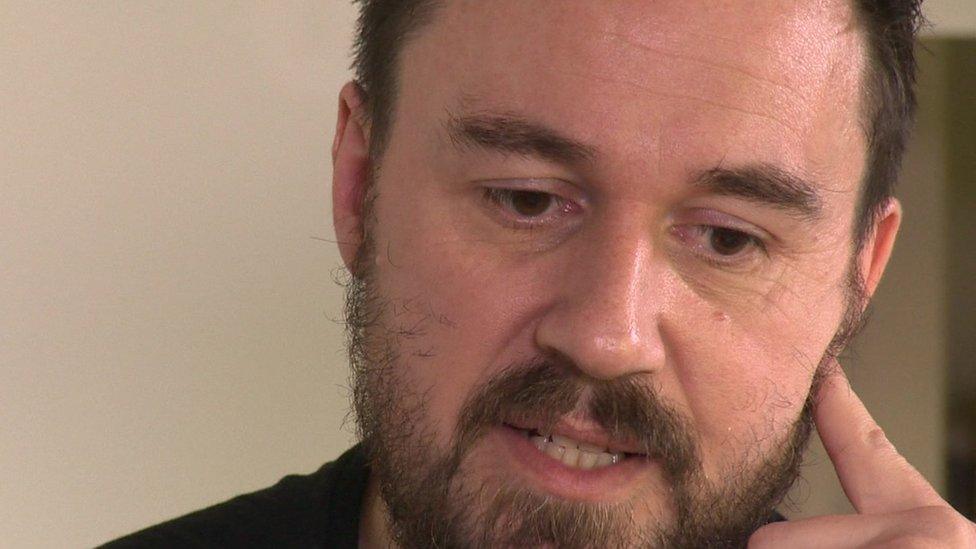Manchester Arena bombing: Compulsory first aid training call
- Published
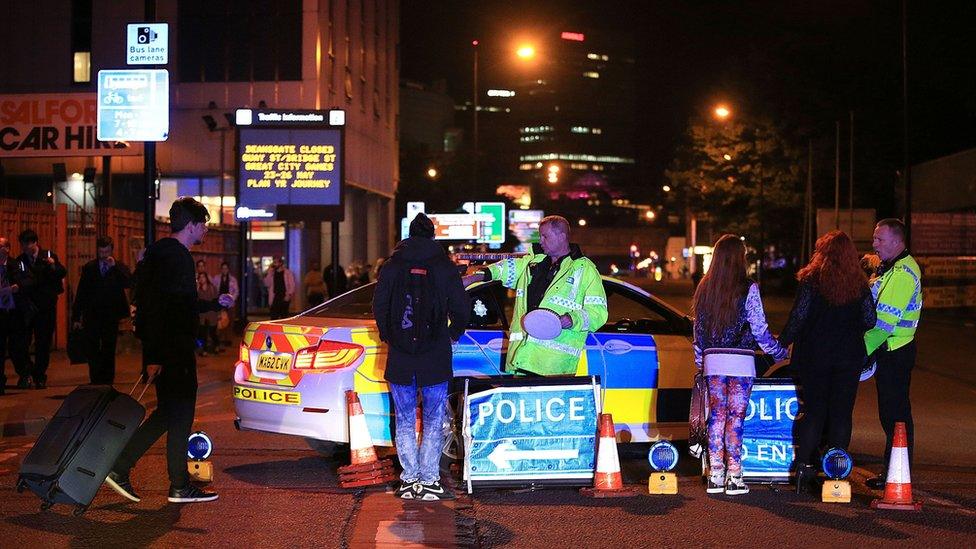
The public response was praised in a report into the Manchester Arena attack
Charities have called for compulsory first aid training in schools following a report into the Manchester Arena terror attack.
Lord Kerslake's inquiry into the bombing of an Ariana Grande concert last May found members of the public tried to help the injured and dying but lacked the requisite skills.
The report recommended more government support for first-aid training.
The government said all schools could teach emergency life-saving skills.
St John Ambulance, British Red Cross and the British Heart Foundation (BHF) say every child should have first aid training while at school, including topics such as cardiopulmonary resuscitation (CPR).
'Harrowing circumstances'
The report into the deadly blast, which killed 22 people, praised the public response.
But the inquiry raised concerns that people on the scene were "trying their very best in genuinely harrowing circumstances" but "did not appear familiar with first aid principles".
Lord Kerslake also said some people were trying to apply tourniquets or use defibrillators "without sufficient knowledge".
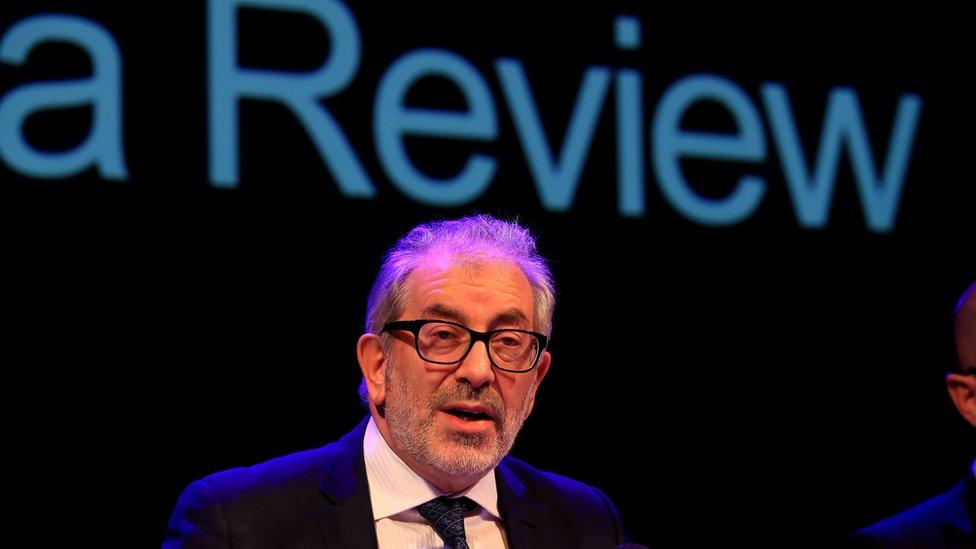
Lord Kerslake said people needed to know how to provide first aid
Suicide bomber Salman Abedi detonated a home-made device at 22:31 BST as 14,000 people streamed out of the Ariana Grande concert at Manchester Arena on 22 May.
In his report on the response to the attack Lord Kerslake said some members of the public "acted with great courage and in good faith," adding: "We should not be over-reliant on public responders in these situations."

How first aid saved my little boy
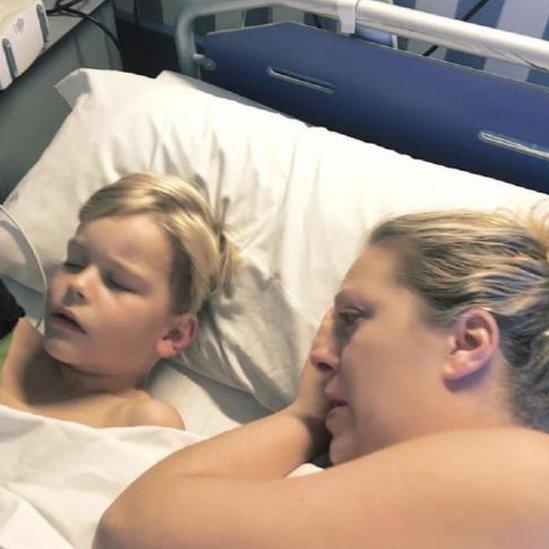
Becky Poole wants more people to learn CPR, which saved her son Genson
When Becky Poole's five-year-old son nearly drowned in a swimming pool in Spain, it was the quick-thinking and first-aid training of his grandfather that saved him.
Richard Denning performed CPR on Genson until he could be taken to hospital, where he recovered.
Genson had been "blue, lifeless and wasn't breathing" after getting into difficulty in August 2017, according to his mother.
Ms Poole, 37, from Worcester, said all children and as many adults as possible should be given support to learn basic first aid.
"I used to be a teacher and I know how busy they are, but it's so important to know what to do if the worst happens.
"If my dad hadn't had training and had not been there, Genson would have died. We were lucky.
"It is expensive to do a course but it can be made cheaper if more people do it together."

What the charities want
St John Ambulance said it welcomed Lord Kerslake's comments about first aid education.
A spokeswoman said: "It is clear that the more people that learn first aid, the greater the chance of survival for casualties caught up in this type of atrocity.
"We firmly believe that first aid should be compulsory in schools."
Joe Mulligan from British Red Cross said: "During a major public incident, such as the attack at Manchester Arena, members of the public are usually the first responders on the scene.
"While this horrendous incident brought tragedy to so many people, it also saw remarkable acts of kindness.
"We are calling on the government to make first aid a compulsory part of the school curriculum in England to ensure that everyone is able to act in a first aid emergency."
Sara Askew from the BHF said CPR should be taught in all secondary schools and added: "We are hoping to see that first aid is introduced... as part of a national curriculum."
A survey by the three charities suggested most people in the UK would not know what to do if someone required first aid.
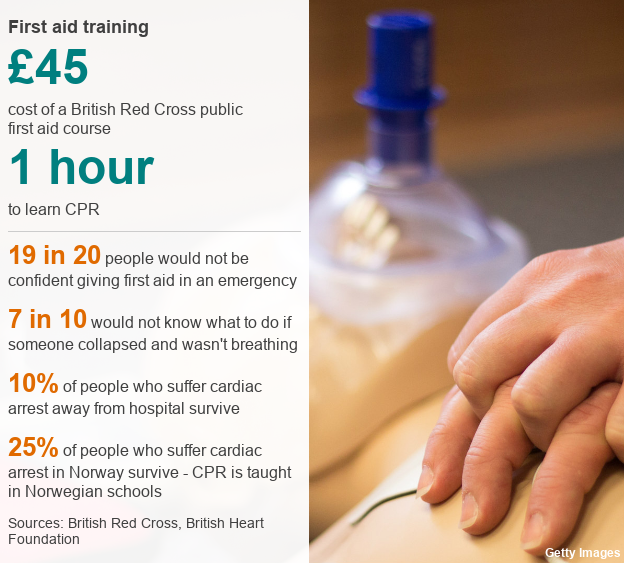
The Red Cross reported in 2006 that almost one in five European countries had compulsory first-aid training in school. They included France and Denmark.
The BHF said 36 out of 50 US states had "passed legislation, curriculum content standards or frameworks referring to teaching CPR in schools".
In 2015, Parliament debated a private members' bill, proposed by Labour MP Teresa Pearce, to make emergency first aid education compulsory.
The bill did not make it to a vote after being "talked out" by MPs who said teachers were already free to provide first aid education if they wanted to, external.
In a statement, the Department for Education said: "All schools are free to teach emergency life-saving skills through PSHE [Personal, Social and Health Education] lessons as part of a broad and balanced curriculum, and all schools have more freedom than ever to shape their curriculum to the needs of their pupils.
"We recently issued a call for evidence to hear the views of parents, teachers and young people to ask them what they think should be taught in the PSHE curriculum, where these skills are often taught, and the outcome of this will be available in due course."
- Published3 November 2022

- Published27 March 2018
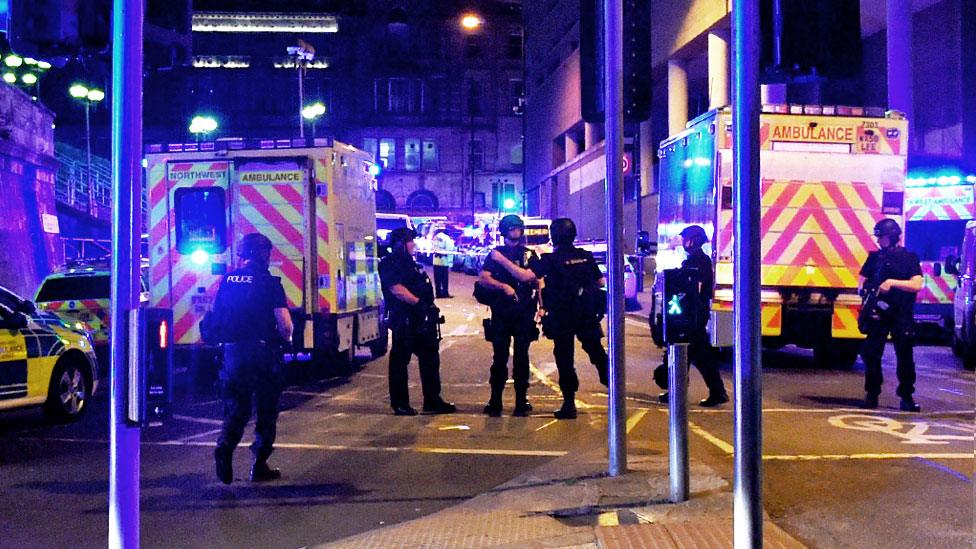
- Published27 March 2018
